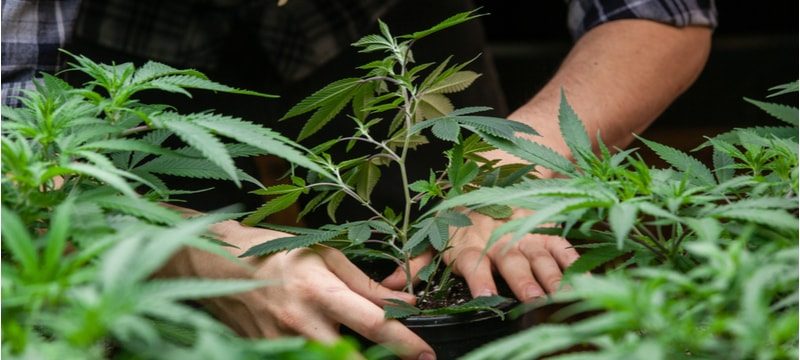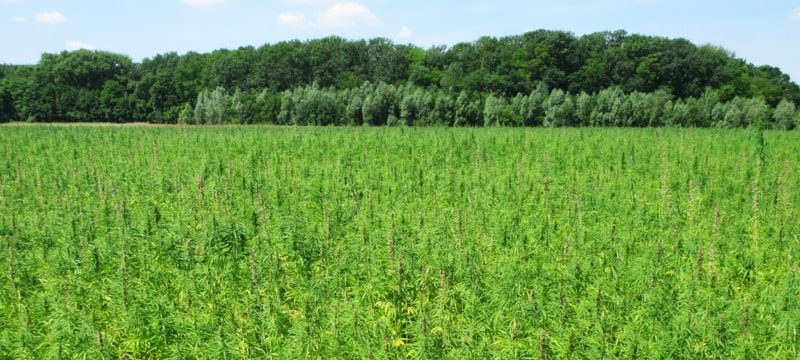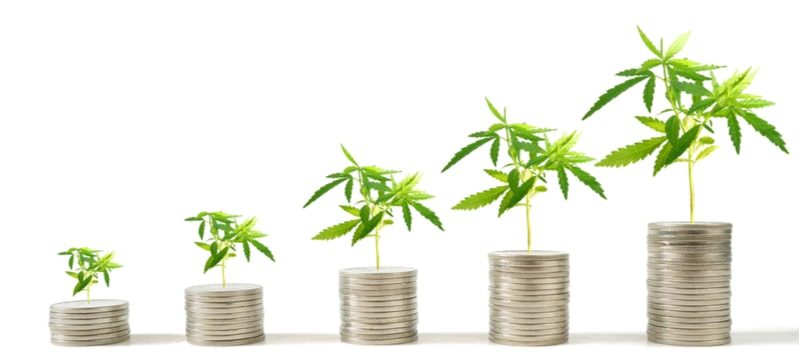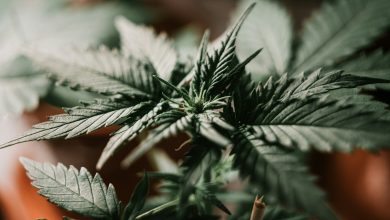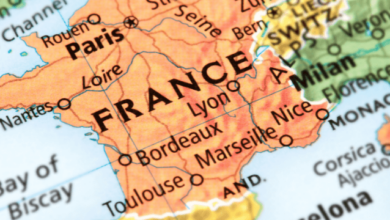
Tensions between the Portuguese government and local UK hemp farmers have continued to rise after farmers failed to secure licences for the 2019 hemp growing season, losing out on potentially thousands of euro in income. In January, the government introduced new regulations around medical cannabis and the production of industrial hemp, however, there has been confusion over which government agency is actually responsible for authorising seasonal hemp growing licences.
Portuguese hemp growing co-operative Lusicanna have estimated that their members have lost out on an average of €30,000 as a result. They also claim that the delay has caused considerable damage to Portugal’s reputation in the international hemp market.
Table of Contents
Who is responsible?
The confusion rose amid two of Portugal’s main agricultural agencies pointing fingers over which agency is responsible for hemp licence authorisation. These are DGAV, which stands for Direção Geral de Alimentação e Veterinária (Portuguese National Authority for Animal Health) and INFARMED, aka the Instituto Nacional da Farmácia e do Medicamento, known in English as the National Authority of Medicines and Health Products.
In a public statement, Lusicanna said that they attempted to contact both DGAV and INFARMED via email, but were ignored. It was not until Lusicanna wrote a public letter to the Portuguese government that they were able to secure a meeting with either agency. However, Lusicanna claims that neither DGAV or INFARMED are willing to take responsibility for the delegation of licenses, which leaves it’s 29 members unable to acquire the necessary authorisation to grow hemp legally.
“Following the letter, we finally managed to get a meeting with INFARMED in Lisbon on April 4th and were told that they refused to take responsibility. Industrial hemp in their eyes was the job of DGAV. At the [sic] same day we went back to DGAV, who in turn blocked any authorisations for growing hemp in Portugal in 2019, pointing to the missing legislation and delegated responsibility back to INFARMED. We launched a number of official complaints against DGAV.” said Lusicanna, in a statement on their website.
Portuguese hemp farmers may take legal action
In a survey Lusicanna conducted among its members, 75.9% said that their efforts to meet “outstanding regulation” were obstructed, while 77.8% said that they would participate in a collective lawsuit against the Portuguese government to obtain damages for the obstruction of hemp production. “If the hemp farmers decide to press the case in Brussels, Portugal would look at Millions [sic] of Euros in damages from lack of sales and loss of business opportunities and development.”
RELATED ARTICLE: Hemp – The new cash crop for the 21st century
While this could provide some compensation for Portuguese hemp farmers, Lusicanna has warned that the government’s delays in authorisation could have a knock-on effect, already damaged next year’s profit. “Whether the hemp businesses here in Portugal can catch up with the rapid market developments if given authorisation in 2020 remains an open question.”
Potential for hemp to boost Portuguese economy
This obstruction could severely undercut the economic potential of the hemp market in Portugal’s agricultural sector. Lusicanna say that hemp has the potential to bring a new cash crop to struggling farmers, lower the country’s CO2 footprint, and create thousands of jobs in the hemp industry. Hemp production could also be beneficial in replacing Portuguese eucalyptus plantations as hemp plants use less water, produce five times the amount of cellulose, and also pose less of a fire risk.
While there is no clear reason why the Portugese government have obstructed hemp farmers, Lusicanna have proposed that medical cannabis companies may have had some hand in blocking the production of industrial hemp, as they are “heavily favoured” by the government.
“The industrial hemp could pollinate the medical crops, causing seeds to appear in their feminized crops, costing them money,”said Lusicanna. “Of course the problem could be solved by growing in greenhouses with appropriate filters. This way hemp and medical cannabis [sic] could coexist peacefully. Obviously it would be cheaper to pull some strings in the back.”
RELATED: Ugandan marijuana is coming to EU

